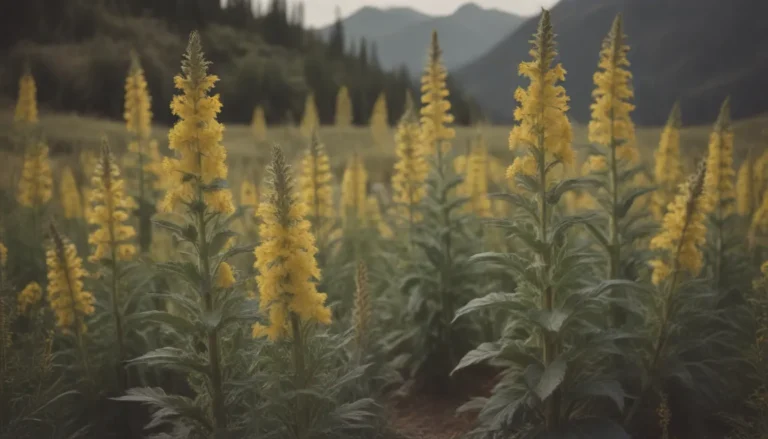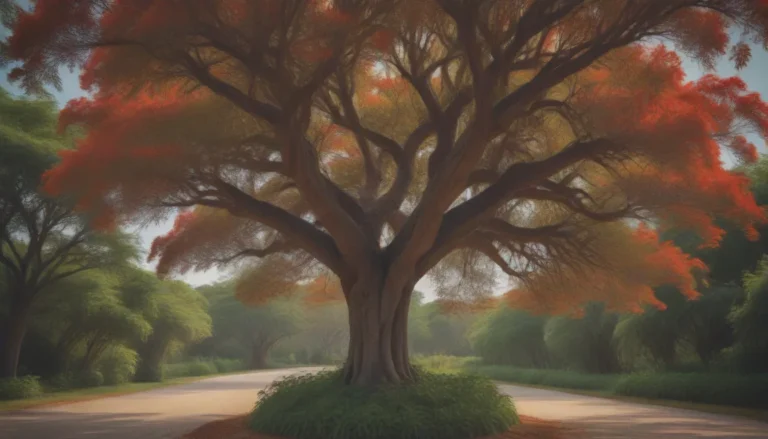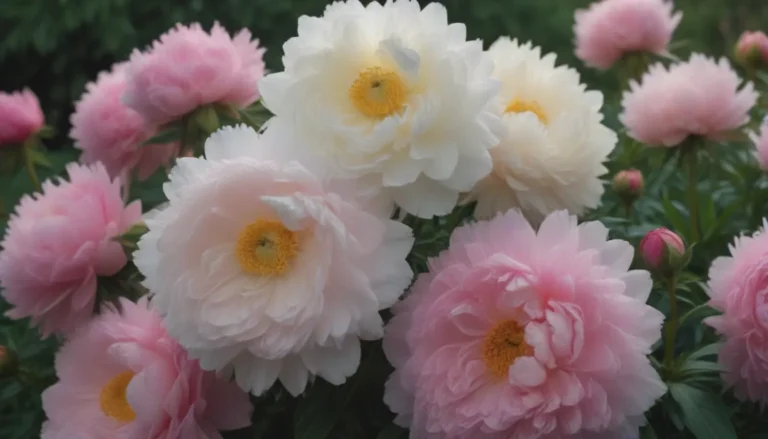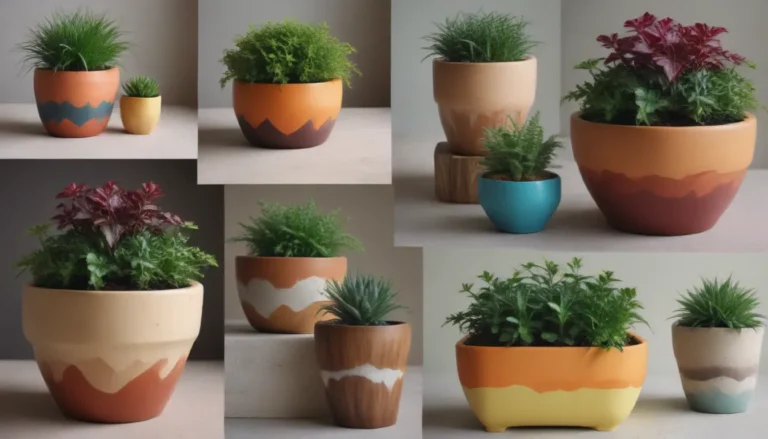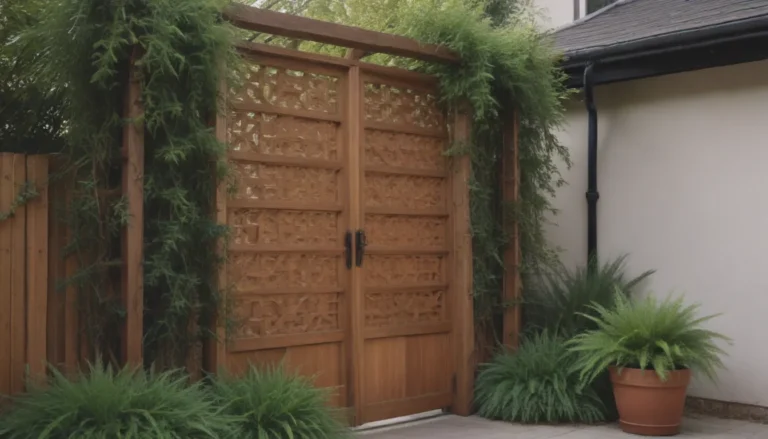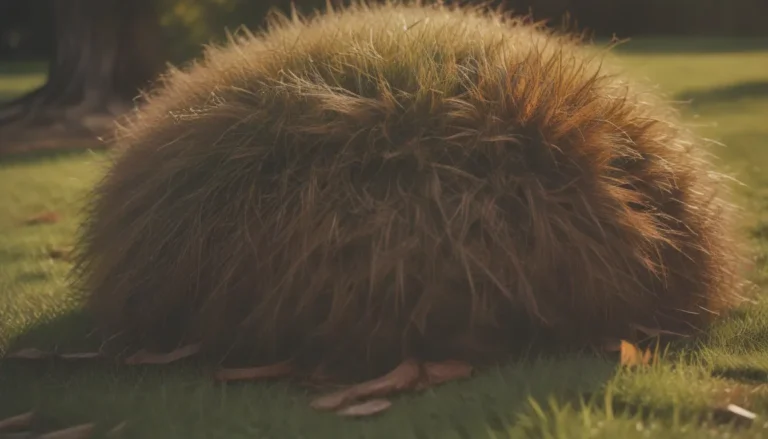Maximizing Your Garden with Mulch: A Comprehensive Guide
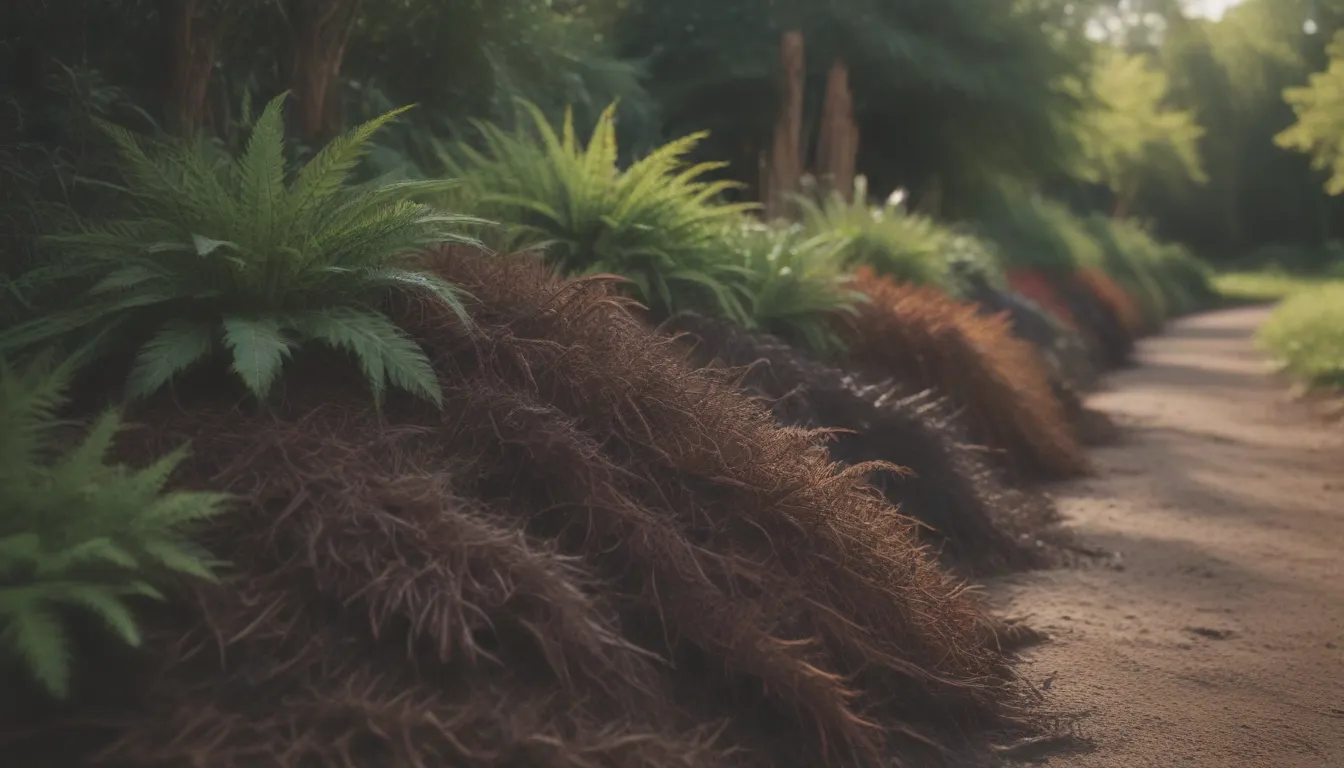
So, you’ve decided to take your gardening game to the next level by incorporating mulch into your routine. Mulch is a fantastic addition to any garden, providing a myriad of benefits such as moisture retention, protection for tree roots, and weed prevention. Not to mention, mulch adds a visually appealing touch to your flower beds, giving them that extra bit of flair. But before you start tossing handfuls of mulch around your garden willy-nilly, it’s essential to understand the dos and don’ts of mulching. Knowing when to mulch (and when to hold off) can help you make the most out of this valuable garden material.
When to Mulch: The Perfect Timing
When it comes to mulching, timing is everything. Here are some key points to keep in mind:
- Spring Mulching: The optimal time to mulch is in the spring, right after a light rainfall. This helps your flower beds look vibrant and discourages weed growth. However, be sure not to mulch too early in the spring, as it can slow down the warming of the ground. Wait until your spring bulbs have fully emerged before applying mulch. If you have trees that shed a lot of debris in the spring, such as maple trees, wait until after the litter has fallen to avoid a messy situation.
Pro tip: “Spraying the surface of the mulch lightly with water after spreading it helps to set it in place and ensures proper coverage.”
-
Summer Mulching: During the summer months, consider freshening up your mulch if needed. Heavy rains can lead to unexpected weed growth, and some mulches may fade over time. Adding a new layer of mulch can help maintain the color and keep weed growth at bay. Additionally, in times of drought, an additional layer of mulch can assist in retaining moisture after watering.
-
Fall Mulching: As the gardening season begins to wind down in many regions, fall mulching is essential. Mulch provides protection from the harsh winter cold and dryness. For certain shrubs like roses or hydrangeas, lightweight natural mulches such as pine straw are recommended over heavier options like wood chips. Fallen leaves can also be used as an effective winter mulch, providing nutrients to the soil and serving as a breeding ground for early spring insects.
-
Winter Mulching: While winter may seem like an odd time to mulch, a little extra protection for your shrubs’ root systems can be beneficial, especially in areas with harsh weather conditions. Winter mulching can also safeguard your spring bulbs from pesky squirrels looking to unearth them.
Tip:
- Avoid laying mulch just before a major rainfall or on very windy days to prevent your mulch from running off or blowing away. Heavy mulch that has been in place for a while is less likely to be affected by weather conditions.
When to Skip the Mulch
While mulching offers numerous benefits, there are times when it’s best to skip this step. Here are some scenarios to consider:
-
Avoid Heavy Rainfall: Refrain from mulching just before a significant rainfall to prevent your mulch from washing away.
-
Hold Off on Windy Days: Mulching on very windy days can result in your mulch being blown away. Wait for calmer weather conditions to ensure proper mulch application.
-
Best Timing: The ideal months for mulching are typically in mid to late April, after spring bulbs have started to emerge but before spring weeds become too active. Avoid mulching right before a heavy rainstorm for best results.
-
Late Fall Mulching: Mulching before the first hard frost can help protect the roots of your shrubs and perennials. Aim to mulch before mid-November in colder zones.
Warning:
- Keep an eye out for jumping worms, an invasive species that can thrive in mulch. Check with your local Cooperative Extension for guidance on how to manage these pests in your garden.
By following these guidelines on when to mulch and when to hold off, you can maximize the benefits of this valuable garden material. Remember, timing is key when it comes to mulching, so plan accordingly to achieve the best results in your garden.
References:
– Problems with Over-Mulching Trees and Shrubs. New Jersey Agricultural Experiment Station, Rutgers University.
– To Mulch or Not to Mulch. Kent State Research and Extension.
– Avoid the Temptation to Apply Mulch Too Early. College of Food, Agricultural and Environmental Sciences, Ohio State University Extension.
– Why Do We Want To Mulch? Virginia Cooperative Extension.
– Mulch: The Basis of Any Good Garden. American Rose Society.
– Why You Should Leave the Leaves and Give Yourself a Break from Yard Work. Tufts Pollinator Initiative, Tufts University.
– Jumping worms. University of Minnesota Extension Office.
